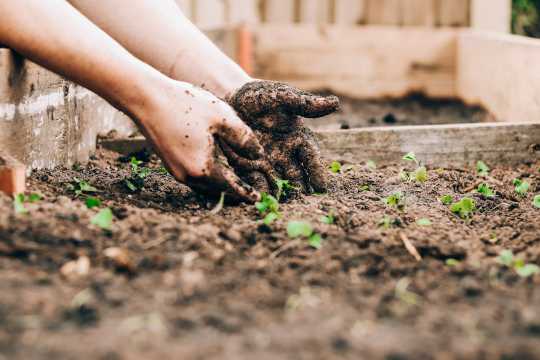Starting a garden can be a rewarding and fulfilling experience, but it can also be expensive. However, with some creativity and planning, you can create a beautiful garden without breaking the bank. Here are some tips for starting a garden on a budget:
1. Start small: If you’re new to gardening or working with a limited budget, it’s a good idea to start small. Choose a small area in your yard or balcony to begin with and gradually expand as you gain more experience and resources. This way, you can focus your efforts and resources on a manageable space and avoid feeling overwhelmed.
2. Plan ahead: Before you start buying seeds or plants, take some time to plan out your garden. Consider what types of plants you want to grow, how much space and sunlight they require, and how much maintenance they need. By planning ahead, you can avoid impulse purchases and make smarter decisions about what to invest in.
3. Grow from seeds: Growing plants from seeds is much cheaper than buying mature plants from a nursery. You can start seeds indoors using egg cartons, yogurt cups, or other household items as containers. Once the seeds have sprouted, you can transplant them into your garden. This method may take a little more time and effort, but it can save you a significant amount of money.
4. Buy in bulk: Many garden centers offer discounts for buying seeds and other supplies in bulk. Consider going in with friends or neighbors to split the cost of a large packet of seeds or a bag of soil. This can help you save money and reduce waste, as you can share any excess supplies with others.
5. Use recycled materials: Instead of buying expensive planters and pots, look for ways to repurpose items you already have at home. Old buckets, tin cans, and even eggshells can make great containers for plants. You can also use items like pallets, old tires, and bricks to create raised beds or borders for your garden.
6. Take advantage of free resources: Many communities offer free compost, mulch, and other gardening supplies to residents. Check with your local government or composting facilities to see if you can access these resources for your garden. You can also ask neighbors or friends if they have any extra plants or seeds to share.
7. Embrace DIY projects: Instead of buying expensive garden decorations or structures, consider making your own. You can build trellises, bird feeders, and other accessories using materials you already have or can find for free. Not only will this save you money, but it can also add a personal touch to your garden.
Starting a garden on a budget may require some extra effort and creativity, but the rewards are well worth it. By following these tips and being resourceful, you can create a beautiful and bountiful garden without breaking the bank. Happy gardening!

